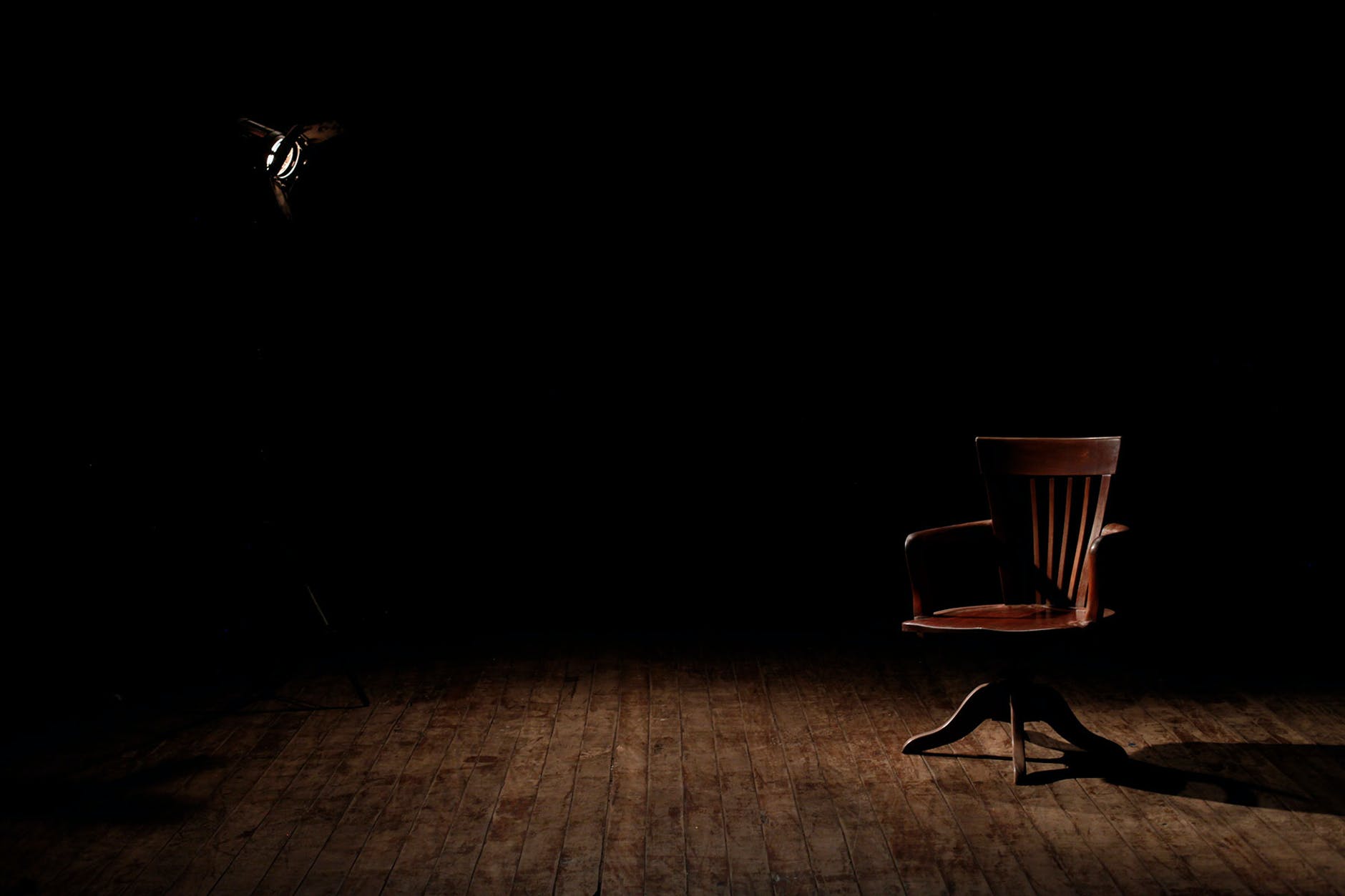
Who else am I?
The familiar percussive music of the signature theme begins. A contestant makes the short journey to the famous black chair. She is asked her name. Then she is asked her occupation.
I find myself wondering, why this second question? I suppose it creates a transitional space during which the woman can adjust to being the focus of the interrogation she has decided to put herself up for. But is our knowing her occupation supposed to influence how we view her performance in the quiz? Are we being invited to allow our preconceptions to play out, concerning the characteristics we attach to different ways of spending remunerated time?
As well as forming judgements of others through the filter of their occupation, we all, to a greater or lesser extent, construct our identity through the work we do. It’s an inevitable and generally healthy thing to do but sometimes there can be troublesome consequences. Our sense of identity can be a great strength and give us a place from which to express our “authentic” selves; and it can grip us nightmarishly, like an unshakeable fever.
Redundancy and retirement are obvious instances when we discover just how closely we have identified ourselves with the work we have lost or have chosen to stop doing. It’s at these times when we can feel we are simply disappearing and our world shrinking. Burn-out is another, when all the parts of our personality – our perfectionism, our need for external validation, our desire to get things done, our fear of being found out, our fear of being invisible and unimportant – combine to lead us to a place where our energy spirals round and round in the attempt to meet an unsatisfiable goal. Conversely, others, with the kindest of intentions, can lead us to review the place of work in our lives. One of my clients came to me because his family had suggested to him that he had reached the time in life when he should really bring other things into it and let go a little of the work to which he was deeply and contentedly committed: his family had seemingly given him a mid-life crisis he did realise he was having, which, combined with his continuing appetite for meeting his professional goals, deepened the dilemma he brought to coaching.
Being meaning-making creatures, our work is one way in which we can make sense of our lives, of ourselves. At a time when so many people are struggling with their livelihoods and their health, the question of how important our work is to our identity may well seem like a luxury – a bit like the surge of anxiety felt when not being able to find locally sourced fresh asparagus when out shopping in the spring. But, from conversations with some of my clients, it also seems to have been a time when adjusting to the pandemic has raised legitimate questions about how we want to live our lives; about what might be a different, viable balance of the things we need and the things we could do.
Coaching is about the practical stuff and yet I think questions of identity lie at the deepest place we can go in coaching. It’s that place where we can find ourselves asking: how important is our occupation, or more simply our job, to our place in the world, to how confidently and comfortably we sit in society’s big black chair. It’s a place where we can put the busyness of the practical stuff aside for a moment and indulge ourselves by carefully asking: who else am I?
Who else am I? Written by Executive Coach & Coach Supervisor Ken Smith. Ken supports people to find meaning in their work and a richer and more productive sense of their own excellence.
Read more blogs from Ken: The Perils of Friendliness

+ 2 more
Coach, supervisor, facilitator, pioneer, writer, walker.